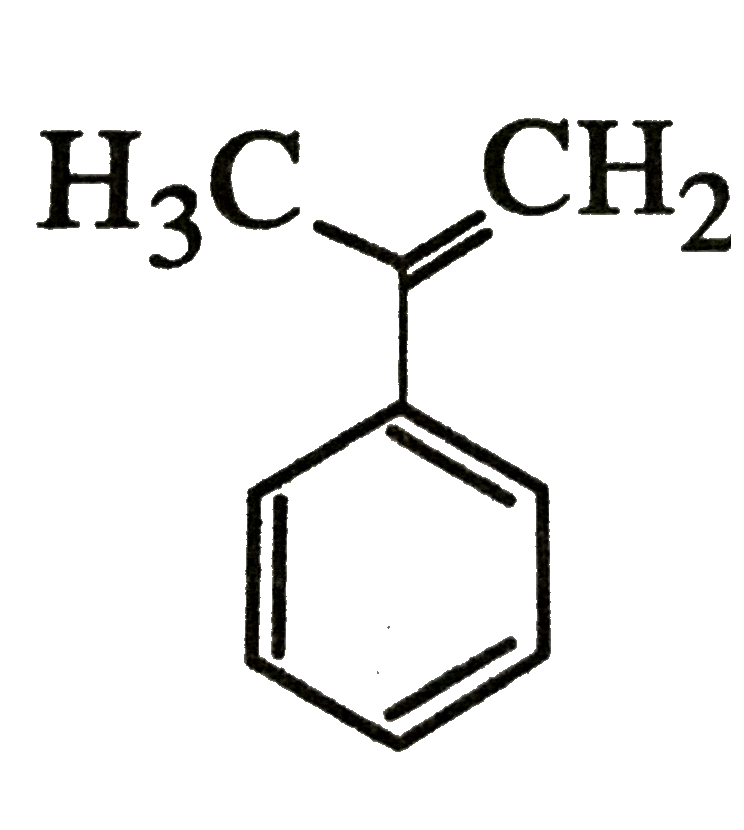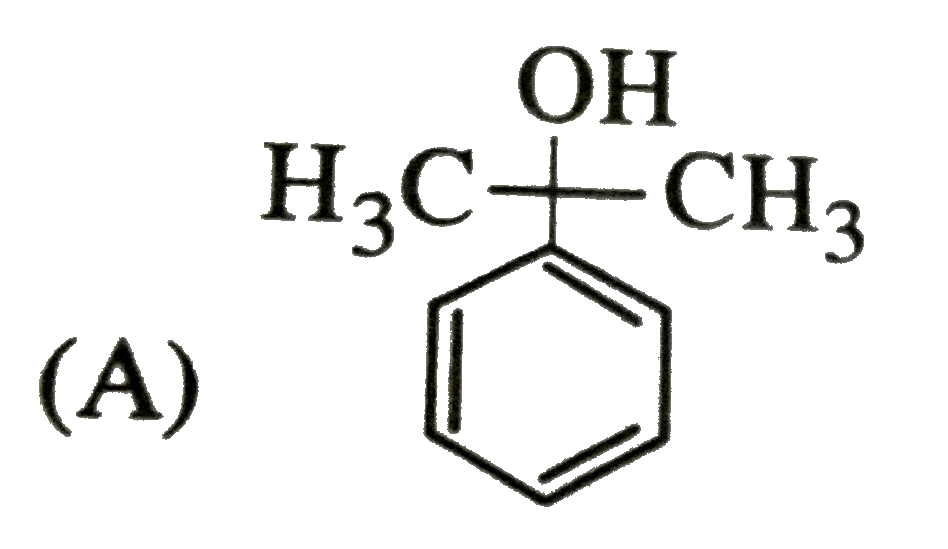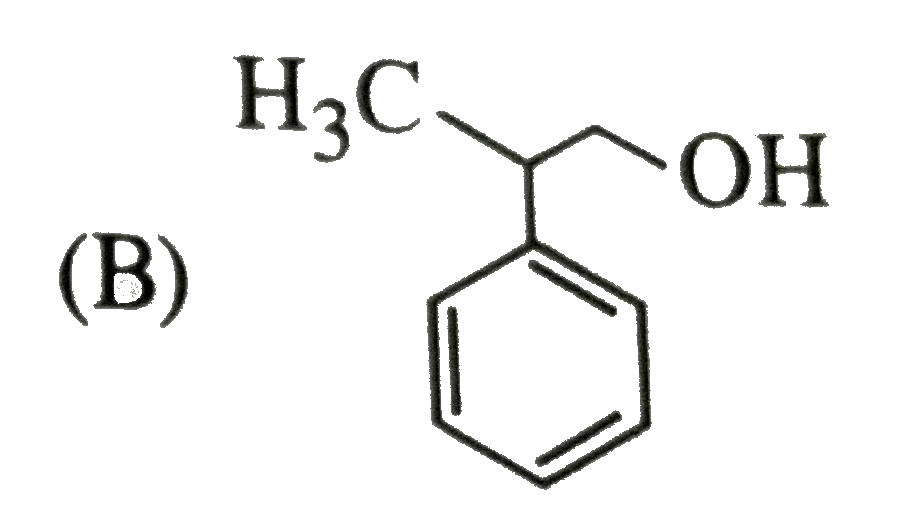The rate of dehydration (acid catalysed) and decarboxylation (base catalysed) are respectively faster in

A
III and I
B
III and I
C
IV and II
D
IV and I
Video Solution
Text Solution
The correct Answer is:d
β-keto carboxylic acid
|
Updated on:21/07/2023
Topper's Solved these Questions
Similar Questions
Knowledge Check
- Question 1 - Select One
 on acid catalysed hydration givesA
on acid catalysed hydration givesA B
B C
C DNone of these
DNone of these - Question 2 - Select One
Acid catalysed aldol condensation involves
AcarbanionBenolate ionCenolDboth (a) and (c) - Question 3 - Select One
The correct order of acid catalysed dehydration of alcohols is:
A1∘>2∘>3∘B3∘>2∘>1∘C2∘>1∘>3∘D1∘>3∘>2∘
Base catalysed aldol condensation occurs with
View SolutionBase catalysed aldol condensation occurs with
View SolutionAcid catalysed hydration of alkene is an example for
View SolutionAcid catalysed hydration of alkene is an example for
View SolutionBase catalysed aldol condensation occurs with:
View Solution
